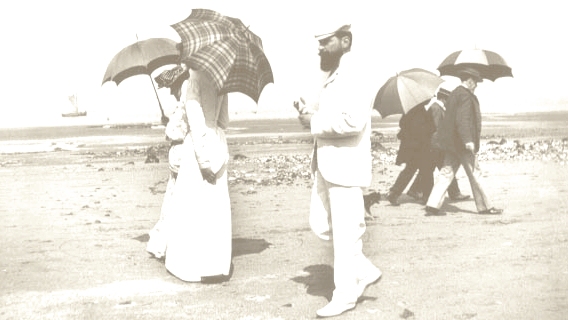The Deceased Wife’s Sister Act may seem no more than a legislative curiosity today. Yet while it remained on the statute books it was the focus of intense, even obsessive, interest as Parliament continually renewed the well-rehearsed arguments for and against its repeal. By the end of the nineteenth century its notoriety made it an easy butt for satire: “And he shall prick that annual blister,/ Marriage with deceased wife’s sister”, promises the Queen of the Fairies in Gilbert and Sullivan’s Iolanthe. Like Monty Python’s dead parrot, the Deceased Wife’s Sister Act had become humorous through incessant repetition. Yet although it was increasingly ridiculed the Act’s strange hold over the Victorian imagination cannot be denied.Sarah Brown, University of Cambridge
The Literary Encyclopedia



